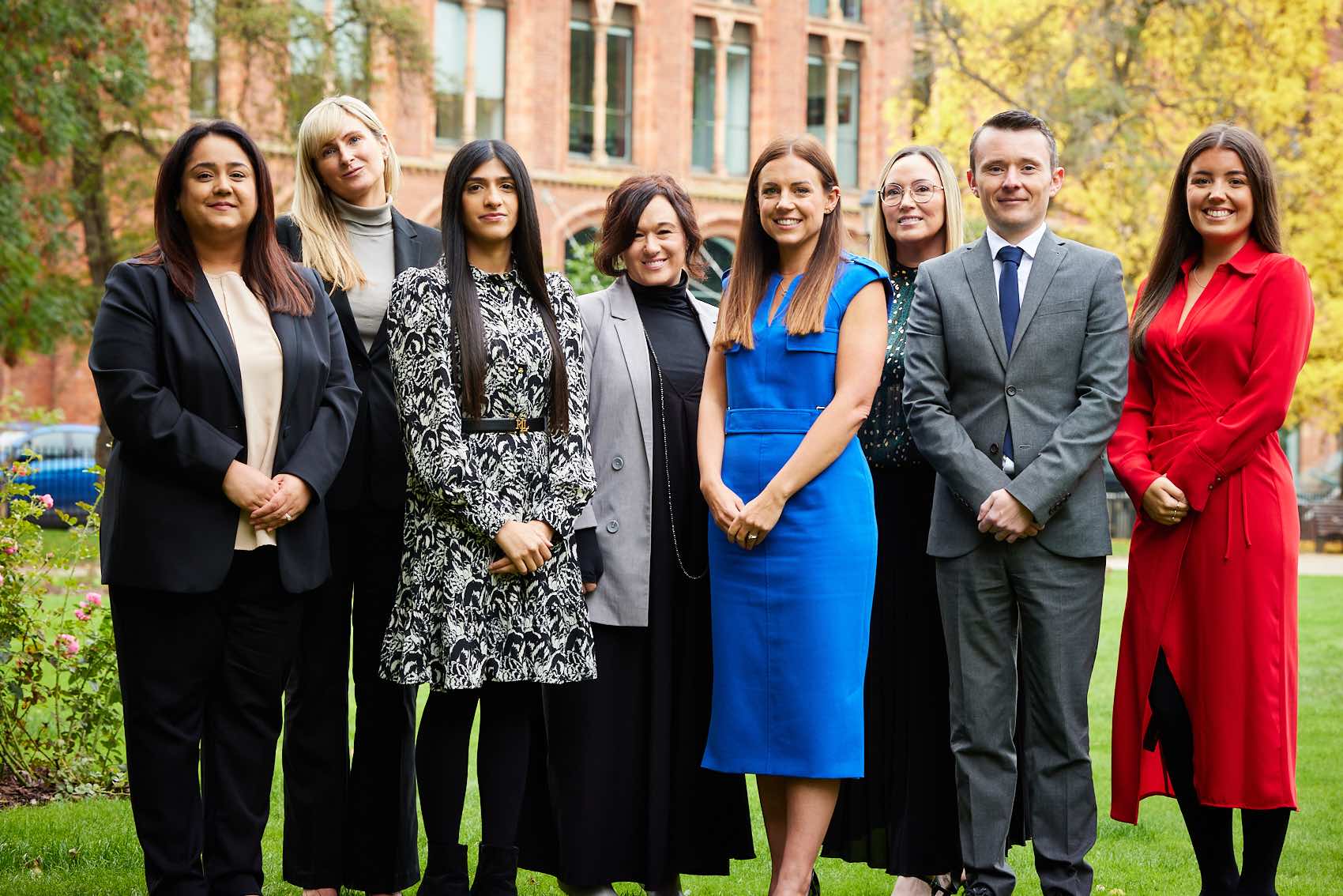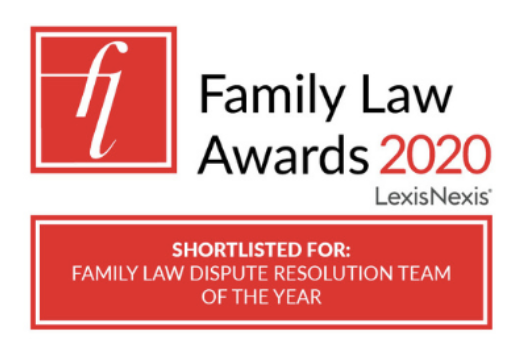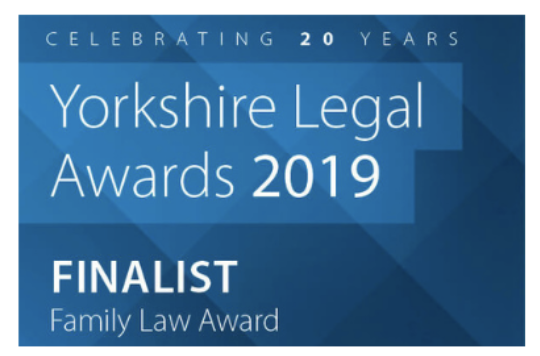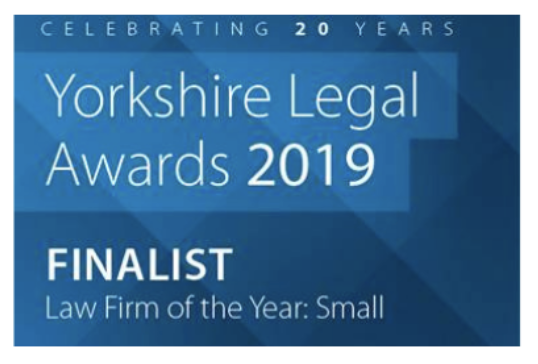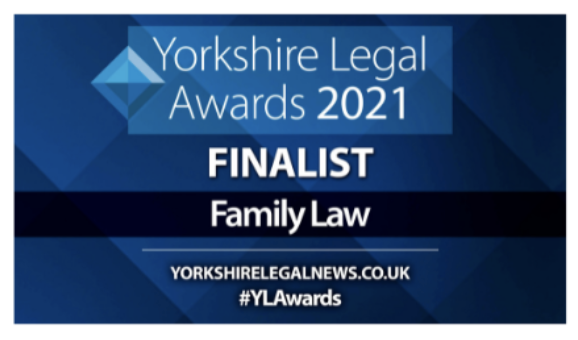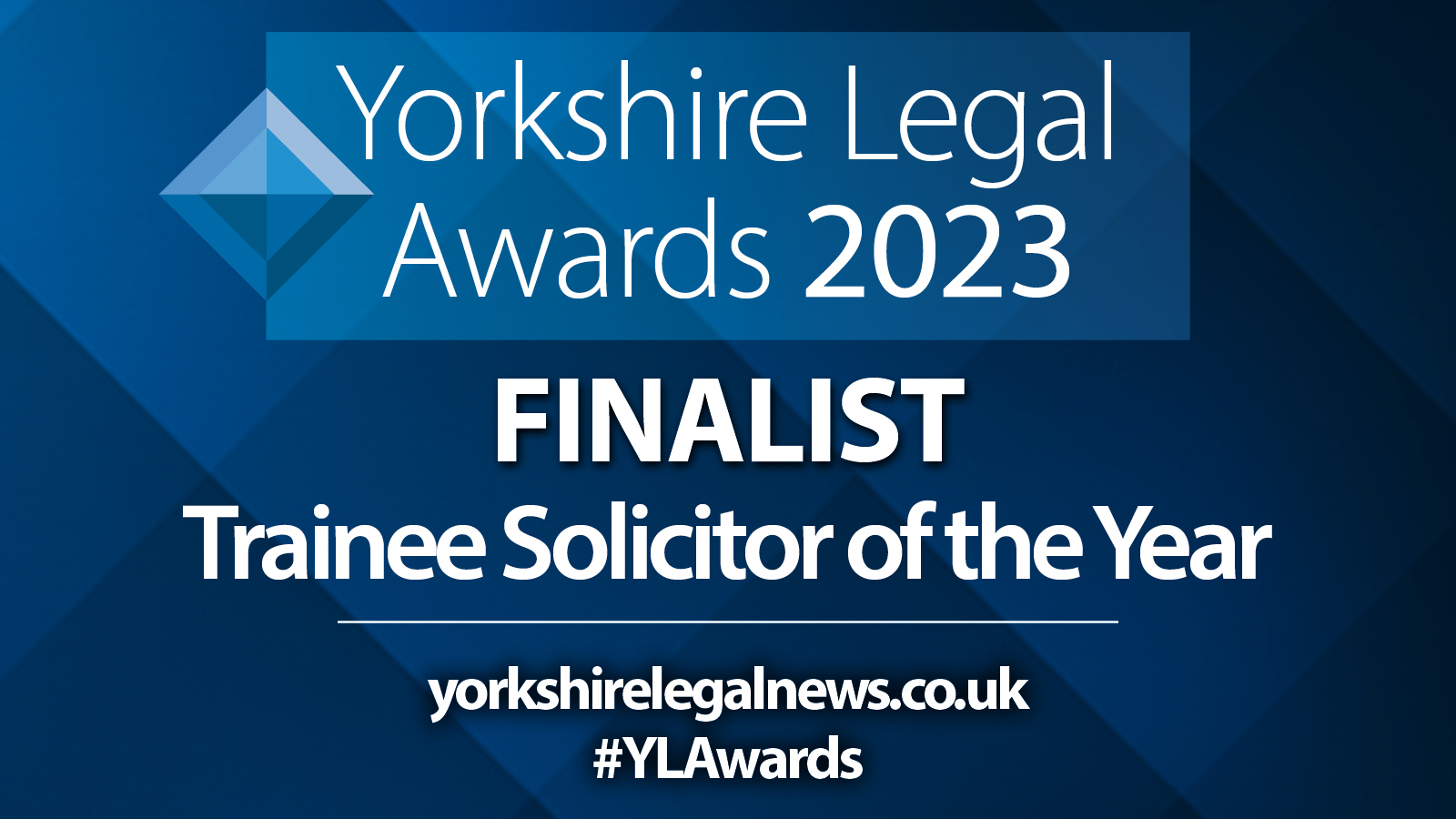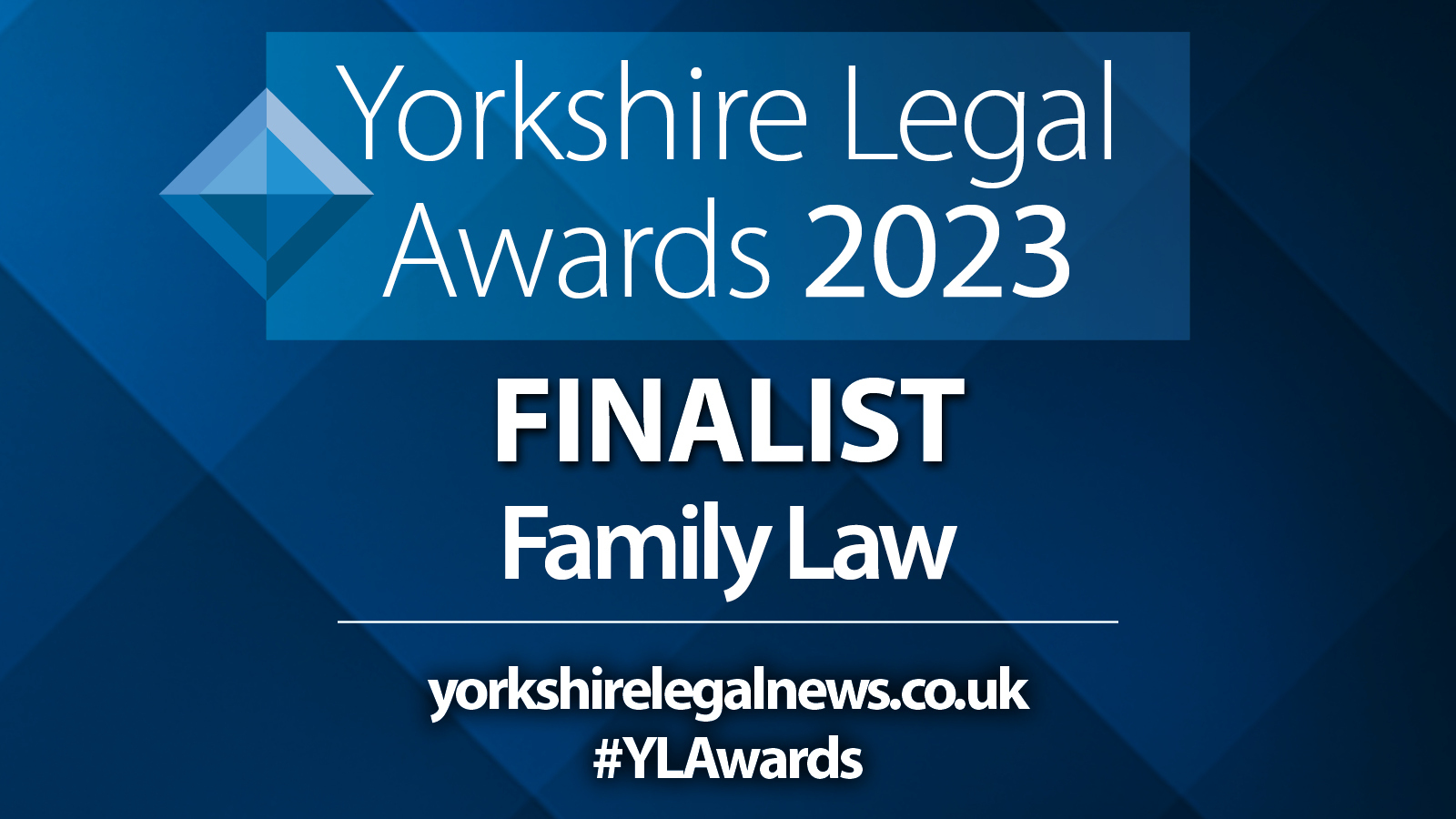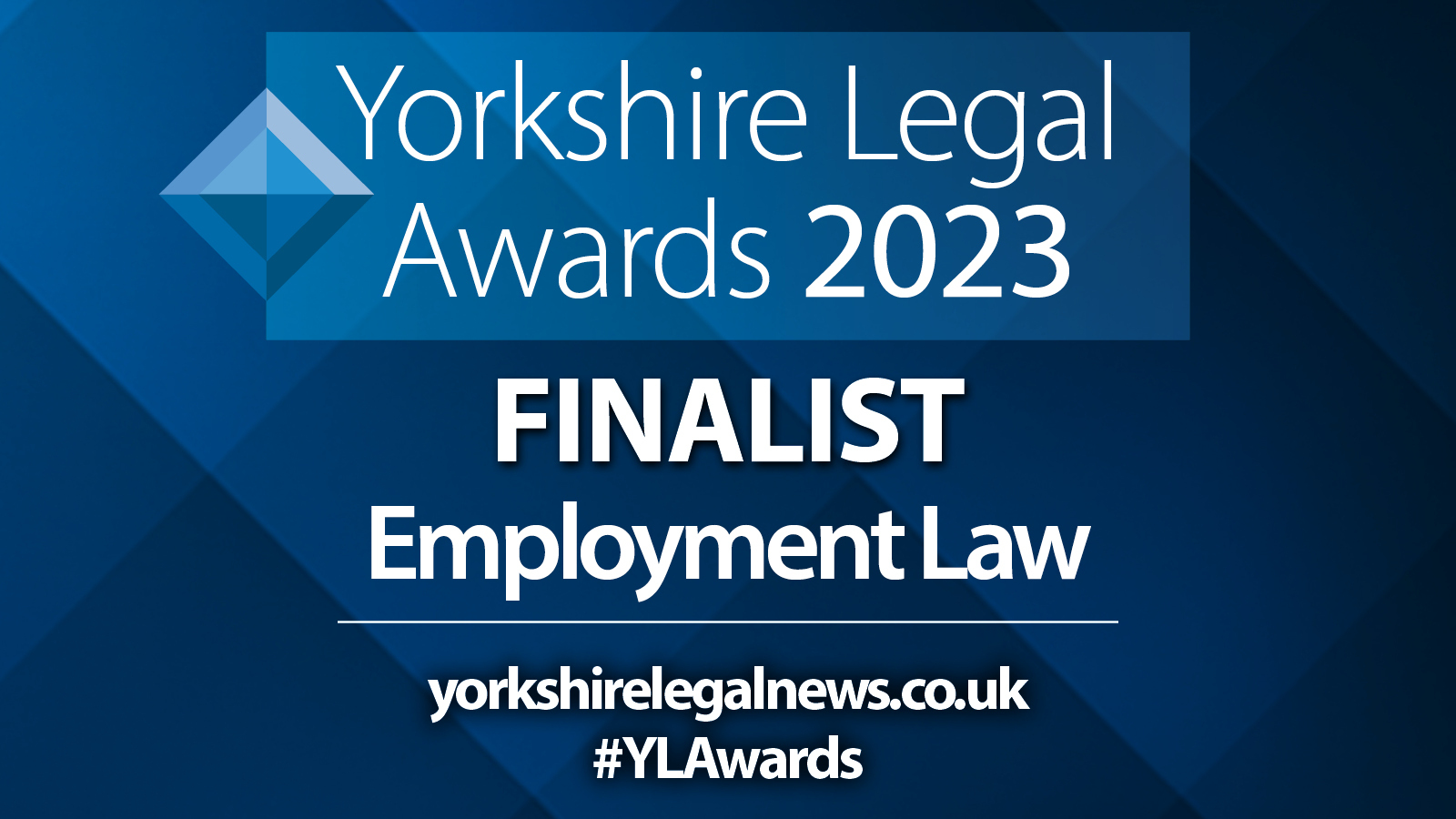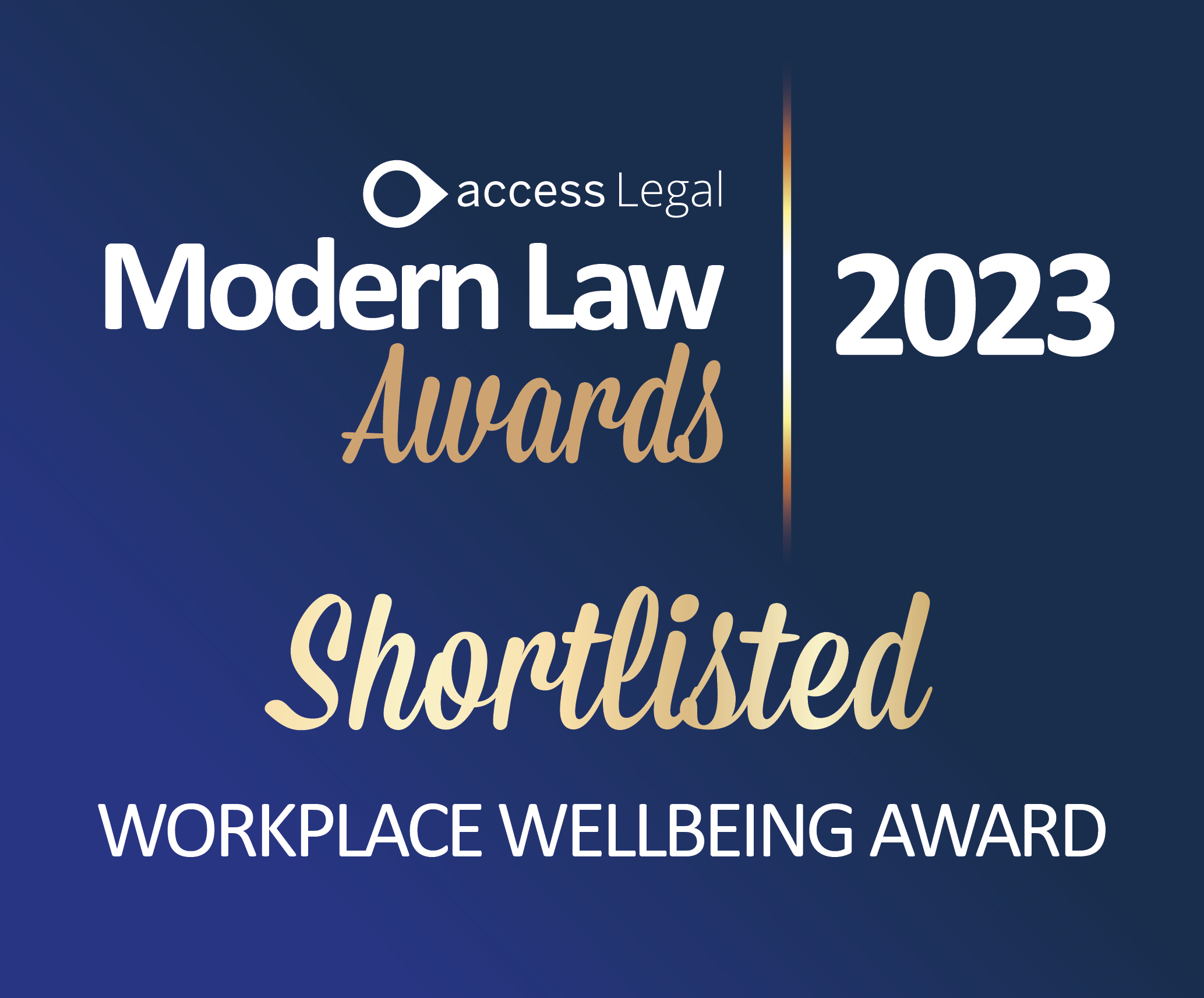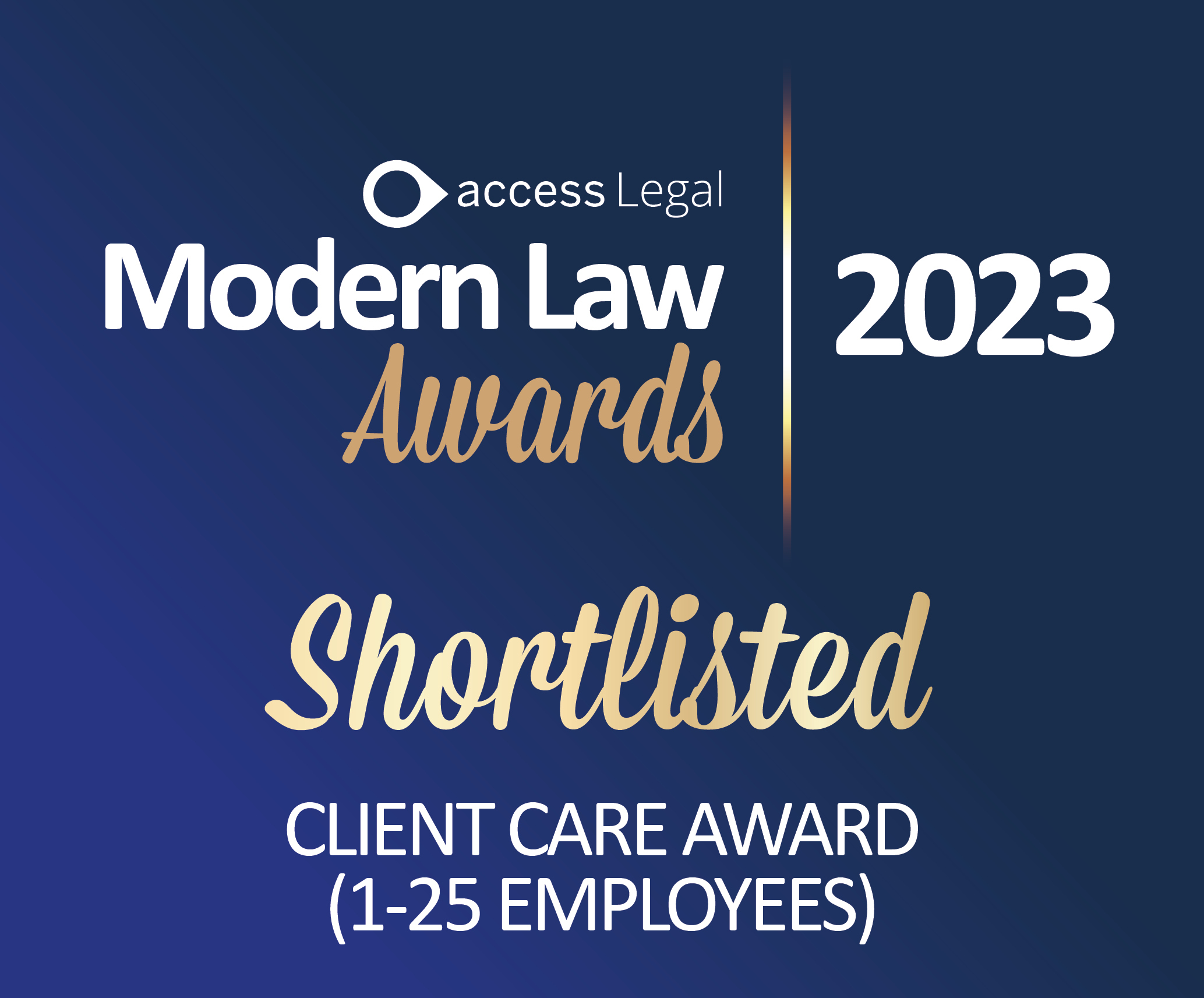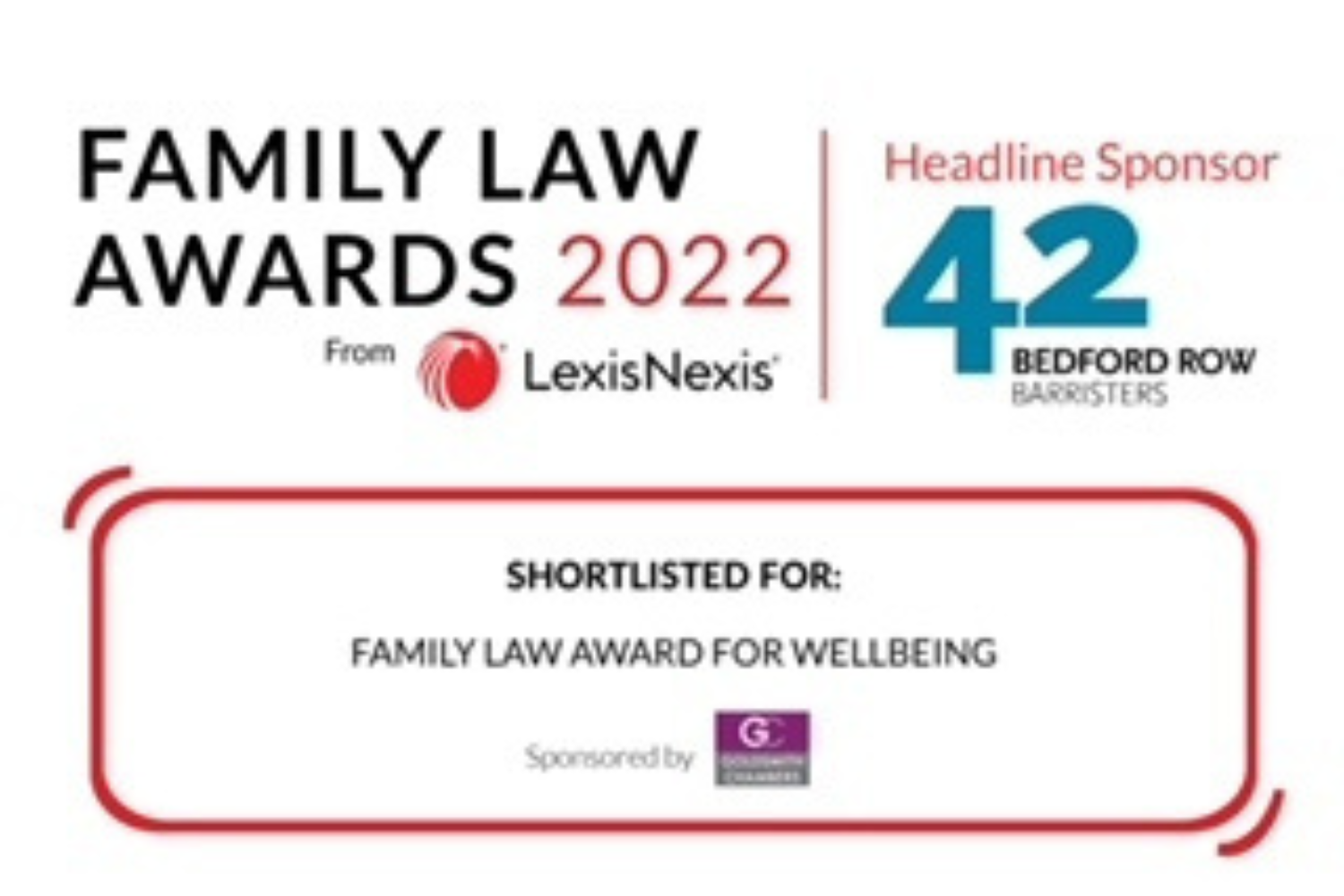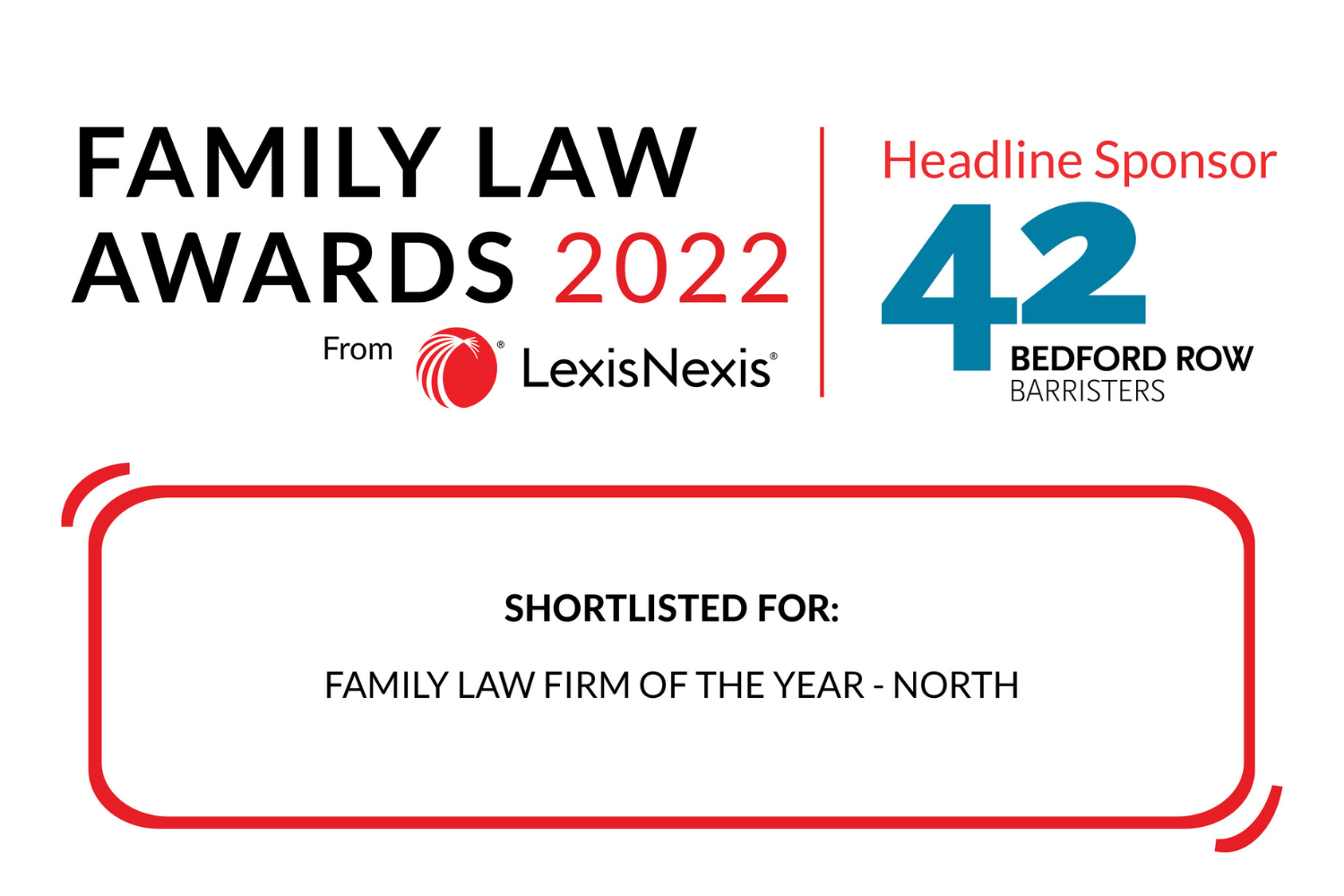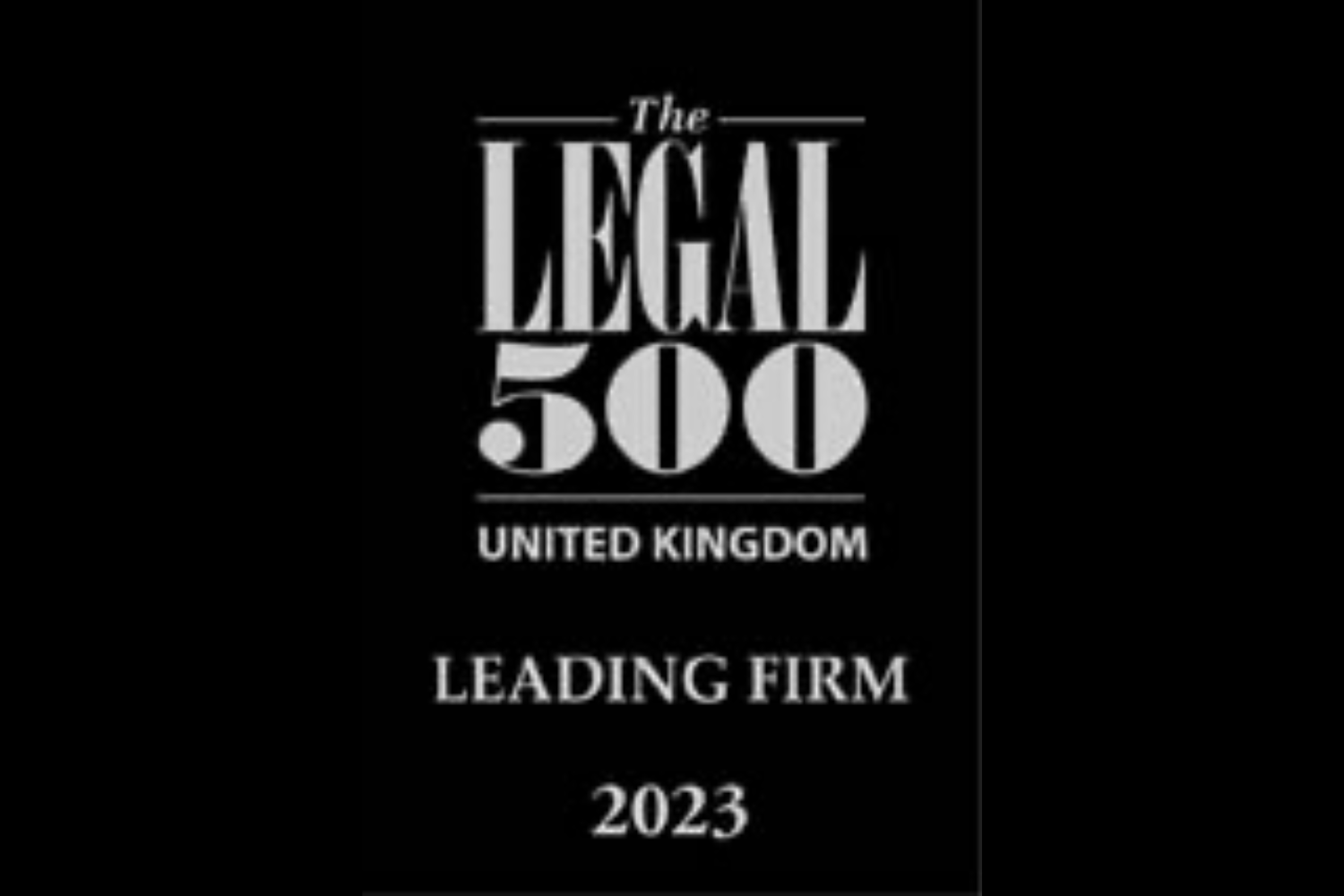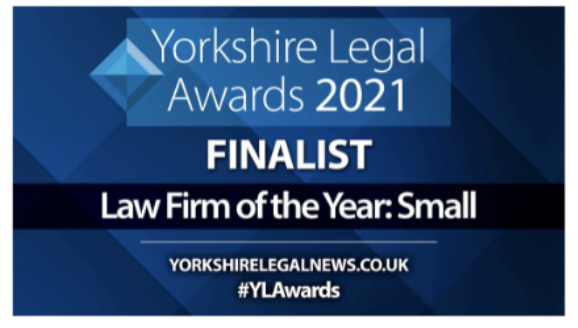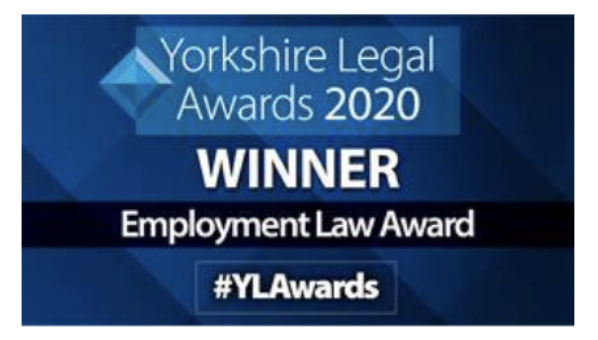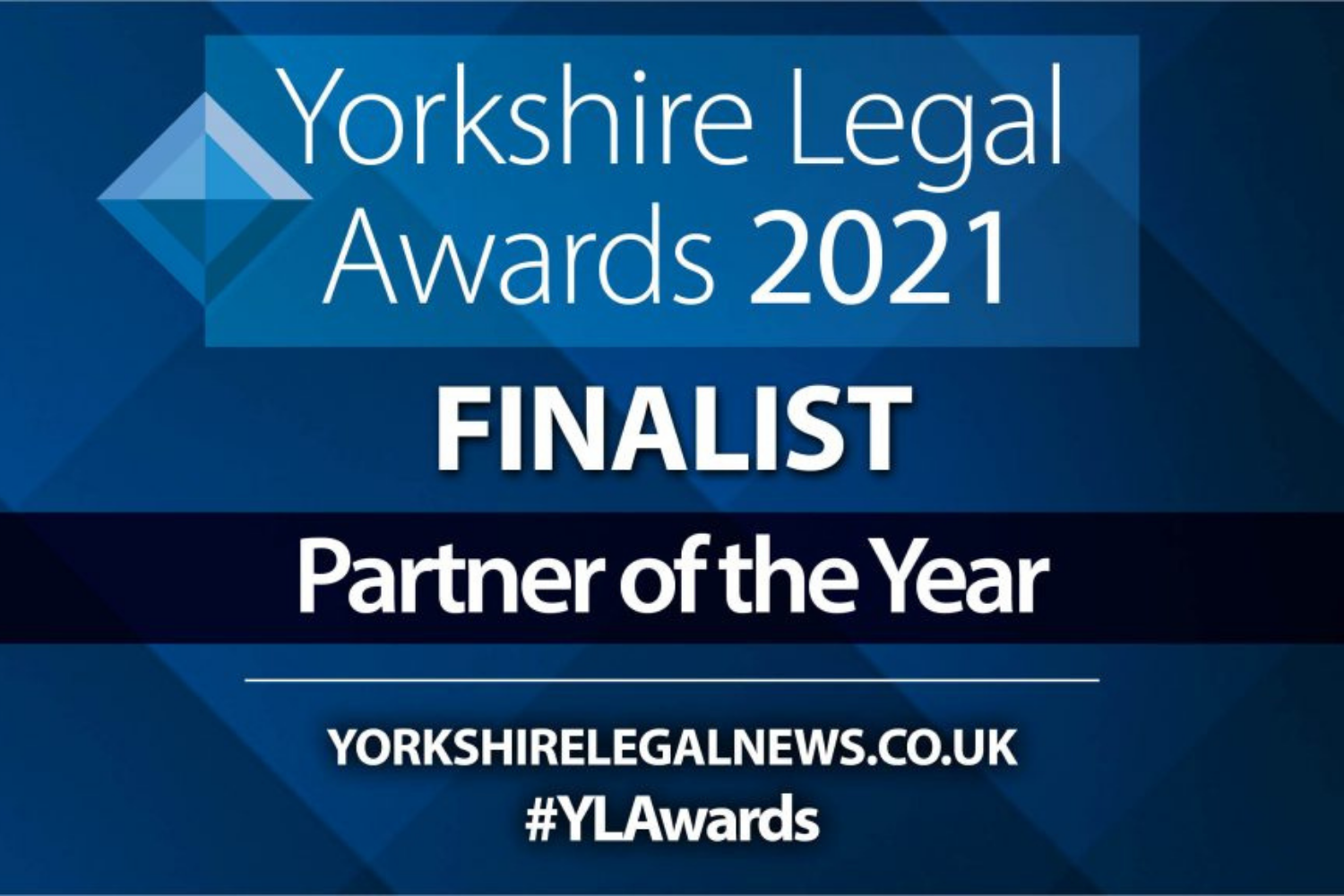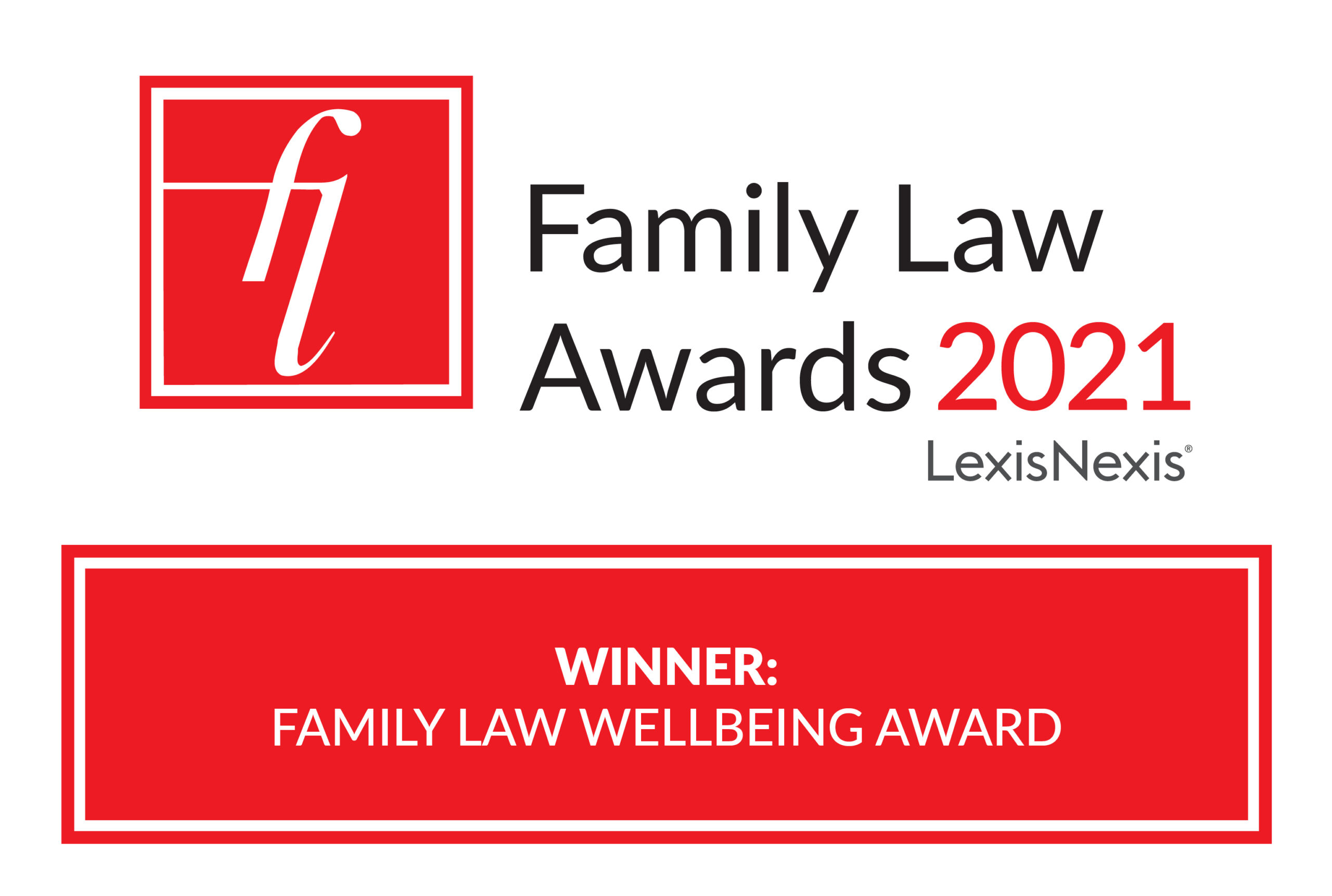Family Law Legal Services
FAQs on Family Law
Offices in Leeds, Harrogate and London. Working with clients across the UK and overseas.
Here are some commonly asked questions about family law topics answered by our highly experienced family law solicitors based in our offices in Leeds and Harrogate. For more information or for a FREE no-obligation telephone call contact us on 0113 322 9222 or by email at enquires@consilialegal.co.uk.
Do you offer free initial family law advice?
Yes, we offer a free initial family law phone consultation where we will take the time to understand your situation and position and explain possible next steps.
What Is Family Mediation?
Family mediation is a process of resolving conflict with an ex-partner in relation to matters concerning your property and finances or your children or both. An independent family mediator facilitates discussions regarding these issues with you and your ex-partner and works with you to achieve a mutually agreeable outcome. Visit our Family Mediation Section.
What Is Collaborative Law?
A process where you and your ex-partner instruct two separate solicitors both of whom are specially trained Collaborative practitioners. The four of you sign an agreement “ a participation agreement” wherein you confirm that you will strive to resolve issues amicably and outside a formal litigation process. Discussions then take place during a number of four-way meetings and together you and your lawyers work out the details as to financial settlement/child care arrangements and what practical steps are needed to formalise your separation.
What Is Private Law Arbitration?
It is a process whereby you and your ex-partner agree to contract out of the Court process and instead you appoint a specially trained barrister or solicitor to act as the “judge” in your case. The process is a binding process and is a bit like a private form of Court. Private law arbitration can be used to determine financial settlements and what the appropriate arrangements should be for the care of any children of the family.
How Do I Get A Divorce?
The first step is to complete a divorce petition which is a standard court document. Visit our Divorce Section to download our step-by-step guide to divorce.
How Long Does It Take To Get A Divorce And Do I Have To Go To Court?
The divorce process can be done on paper i.e without you having to go to Court unless the proceedings are defended or there is a significant issue as to costs. It is important to get specialist advice as there may be associated financial claims and matters relating to the care of your children which you need to resolve. The divorce process itself, whilst it changes your legal status, does not determine how the finances associated with the breakdown of your marriage should be determined or where your children will live.
How Do I Get Access To My Children?
If you are having difficulties with your ex-partner in connection with access to your children, we can assist you through a number of methods including family mediation or formal court proceedings.
Can I Get Custody Of My Child?
Custody is no longer a legal definition but parents can apply to the court for a child arrangements order which determines where a child lives and/spends time with each parent.
What Is Shared Care/Shared Parenting?
Shared care or shared parenting does not necessarily mean that a child spends equal time with each parent but rather it is a principle that both parents take an active role in a child’s daily life. The presumption in English law is that children should spend significant amounts of time with each parent providing that it is safe for them to do so.
Do I Have Parental Responsibility?
A biological mother automatically has parental responsibility for a child as does a married father. If a father is on a child’s birth certificate and that child was born after 1st December 2003 he also has parental responsibility for that child. A person can gain parental responsibility through a parental responsibility agreement or a Court order. If an order is made that a child lives with a person then that person has parental responsibility by default for the duration of that order. A father who is not married to the mother and is not on the child’s birth certificate can apply specifically to the Court for a parental responsibility order.
What Does A Parental Responsibility Order Mean?
At its’ most basic having parental responsibility means that a parent can consent to medical treatment for a child and be involved in major decisions in a child’s life such as where they to school etc and further enables them to access information from official bodies such as schools and/or medical records.
How Do I Apply For Residence Or Contact Of My Child?
The terms contact and residence are no longer used to describe how a child is cared for. Instead, if a parent wants a child to live with them or spend more time with the child they can apply to the court for what’s known as a child arrangement order. The Court can make orders where children live and how much time they spend with the other party. The law is very clear that unless there are any serious safety or welfare concerns that parents or other parties seeking orders in relation to the child should try to resolve issues in the first instance through family mediation prior to making a formal court application.
Can I Stop My Ex-Partner From Moving Away With Our Children?
Issues such as where children go to school and wherein the country children should live or indeed should children be allowed to move to a different jurisdiction can be determined by a specialist application under the Children Act 1989 if such issues cannot be agreed upon. You should absolutely take specialist advice if any such issues concern you. Contact a member of our family team in Leeds or Harrogate for an initial consultation if you have any queries.
What Are My Financial Rights On Divorce?
Starting divorce proceedings opens up a number of financial claims that are available to you including claims for property, income, and pensions. To understand what you may be entitled to it is important for you and your ex-partner to fully disclose your financial situations. This can be done through solicitors or within the mediation process. You can then look at options for how your respective assets and income are to be split upon divorce.
The Parent Of My Child Isn’t Paying Child Maintenance. What Can I Do?
It is always beneficial if parents can reach a voluntary arrangement in relation to how much maintenance should be paid for the benefit of a child. However, if an agreement cannot be reached either parent can apply to the child maintenance service, formerly Child Support Agency (CSA) to assess child maintenance. The CMS website has more information.
What Is A Clean Break Divorce?
A “clean break” is where a divorcing couple’s financial claims against one and another are dismissed. A clean break can be achieved by the consent of both parties or by the order of the court.
What Is Child Inclusive Mediation?
Formally direct child consultation, child inclusive mediation enables a child’s voice to be heard as part of the family mediation process by giving them the opportunity to speak to a specialised mediation child consultant about their family’s situation.
Is A Pre-Nuptial Agreement Legally Binding?
Whilst pre-nuptial agreements are not 100% legally binding, as long as they have been entered into with various safeguards in place and are considered fair, the court will give the agreement consideration when making any financial orders on divorce.
What Is A Postnuptial Agreement?
This is the same as a pre-nuptial agreement but entered into after the couple is married rather than before.
What Is A Marriage Contract?
This is another term for a pre or post-nuptial agreement.
Do I Have To Get Divorced To Sort Out Our Finances?
No, you can enter into a separation agreement with your ex-partner formalising the agreement you have reached regarding your property and finances without getting divorced. Such a document however is not 100% legally binding per se, it is a contract between the two of you and it is important that you obtain specialist legal advice prior to entering into such an agreement, in order to safeguard the agreement from being varied at a later point in time.
What Is A Parenting Plan?
This is a document that records any principles of co-parenting and agreed arrangements for your children. A copy of the parenting plan recommended by the court can be found on the Cafcass website www.cafcass.gov.uk.
The process of family mediation may be of assistance in working out the details of such a plan if you struggle to do it directly with your ex-partner.
Is It Expensive To Instruct A Solicitor?
Solicitors have varying fees depending upon which course of action you wish to pursue and it is always wise to discuss these options first before committing and instructing a firm. At Consilia, we can provide you with practical tips and advice, that don’t have to cost you a lot, just perhaps your time in undertaking some of the work yourself. We can also offer fixed-fee services to suit your budget and the nature of your case.
Is There Such Thing As A Common-Law Wife?
This term has been bandied around for years and many people think that when they are in a relationship and living with their partner, despite not being married, they are a common-law wife. However, this is a myth. There is no such thing as a common-law wife or common-law husband. The law surrounding cohabiting couples is complex and depends entirely upon the ownership of assets, land, and property and whether you can demonstrate an interest in ownership. It is widely recognised that the law in this area needs to change at some point in the near future. If you are in doubt about your position as a cohabitee, you should seek advice urgently as there are steps you can whilst cohabitating with someone, take to obtain an interest in property or assets that may not be registered in your name.
If you would like more information on any of the above topics or would like a FREE no-obligation chat with one of our family solicitors please call us on 0113 322 9222 or email enquiries@consilialegal.co.uk. If you’d like to discuss your situation further we can then arrange an initial face-to-face appointment with our expert family solicitors at our friendly and comfortable offices in Leeds or Harrogate.
Contact Our Family Law Team
On page form
Form for all pages
"*" indicates required fields
Free Initial Discussion
At Consilia Legal our Family Law team are highly experienced in dealing with all family matters. If you would like to have a confidential free initial discussion surrounding a family law matter please contact our family law team on 0113 322 9222 or enquiries@consilialegal.co.uk
Award Winning Leeds Family Law Solicitors
At Consilia Legal, we've achieved numerous accolades and recognitions, whether as nominees, finalists, or winners of the prestigious Family Law Awards. We're also ranked 5th among the top 10 family law solicitors in Leeds City Centre on DIY Legals and in the top 5 best divorce lawyers in Leeds on Kev’s Best.
Our team of expert Leeds family solicitors is dedicated to securing the best outcomes for our clients. We're proud to have our highly regarded family law team featured in the esteemed Chambers and Partners publication as one of the top family/matrimonial teams in Leeds. Our excellent reputation extends throughout the Yorkshire region, and we're ready to represent you with your family law matter, wherever you are located.

Read Our 5 Star Reviews

Exceptional
★★★★★
Laura was exceptional. Having consulted with other firms on the matter, Laura was the only one that truly understood the different elements of the case and knew exactly how to handle it. She was able to daft in the correct barrister for the job and took a great weight off my shoulders. I really cant thank Laura and the team enough.
Incredible
★★★★★
Laura and the team have been an incredible help in my divorce. Through a very difficult time they have always been on hand to offer exceptional advice and assistance. I have always felt reassured by their professionalism and care. Thank You
Human Approach
★★★★★
Thanks Laura and team at Consilia Legal. Great service and such a pragmatic and human approach to the legal system. Fitted really well with my personal values. Truly aimed at being conciliatory rather than adversarial

